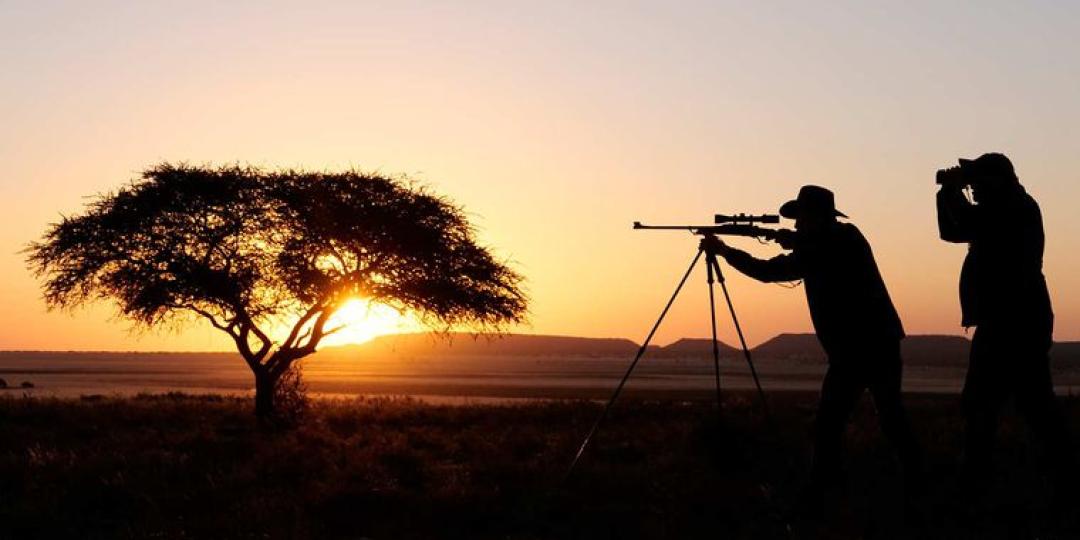Recreational and trophy hunting are not allowed in South Africa under Advanced Level 3 lockdown regulations and, with only subsistence hunting permitted, up to R11bn (€571m) in revenue may be lost to the sector this year.
CEO of the Confederation of Hunting Associations of South Africa, Stephen Palos, explained that the domestic market, which generates about R9bn (€467m) in annual revenue, was much bigger than the international market.
“The international market of R2bn (€104m) is, however, still crucial, especially to landowners from a sustainability standpoint, as it takes fewer animals at a higher value.”
Palos said the South African hunting sector would not reach the above-mentioned figures this year because it lost the early part of the season with the hard lockdown.
“The economy has taken a knock, so it has affected the affordability of hunting as well. Those who have always focused on the international market will have to focus on the domestic, which will mean some price pressure.”
Minister of Tourism, Mmamoloko Kubayi-Ngubane also doesn’t discount the value of hunting as a revenue generator, commenting that the opening of the hunting sector was an important step toward recovery of the sector.
“The opening up of hunting will also be a big boost to the tourism sector as it contributes to employment in rural areas,” she said.
Opening further aspects of hunting is not a simple matter though, with President of the Professional Hunters Association of South Africa (PHASA), Dries van Coller, pointing out that the hunting sector falls under the auspices of three ministries – Agriculture, Environmental Affairs and Tourism.
“It has taken a lot of work and effort for subsistence hunting to be granted under Level 3 lockdown. I don’t think many people fully understand the value chain of the hunting sector,” said Van Coller.
He said there had been a misconception between trophy hunting, subsistence hunting and recreational hunting.
“At the end, we are all hunters, just with different objectives. Subsistence hunters are all about food security. A lot of hunting takes place in the rural areas as many of the people there depend on hunting for protein,” he said.
“Recreational and trophy hunting are more a social gathering, with many corporates involved in this type of hunting as well as it being a family outing, and because of this, it is not allowed under the current regulations.”






















